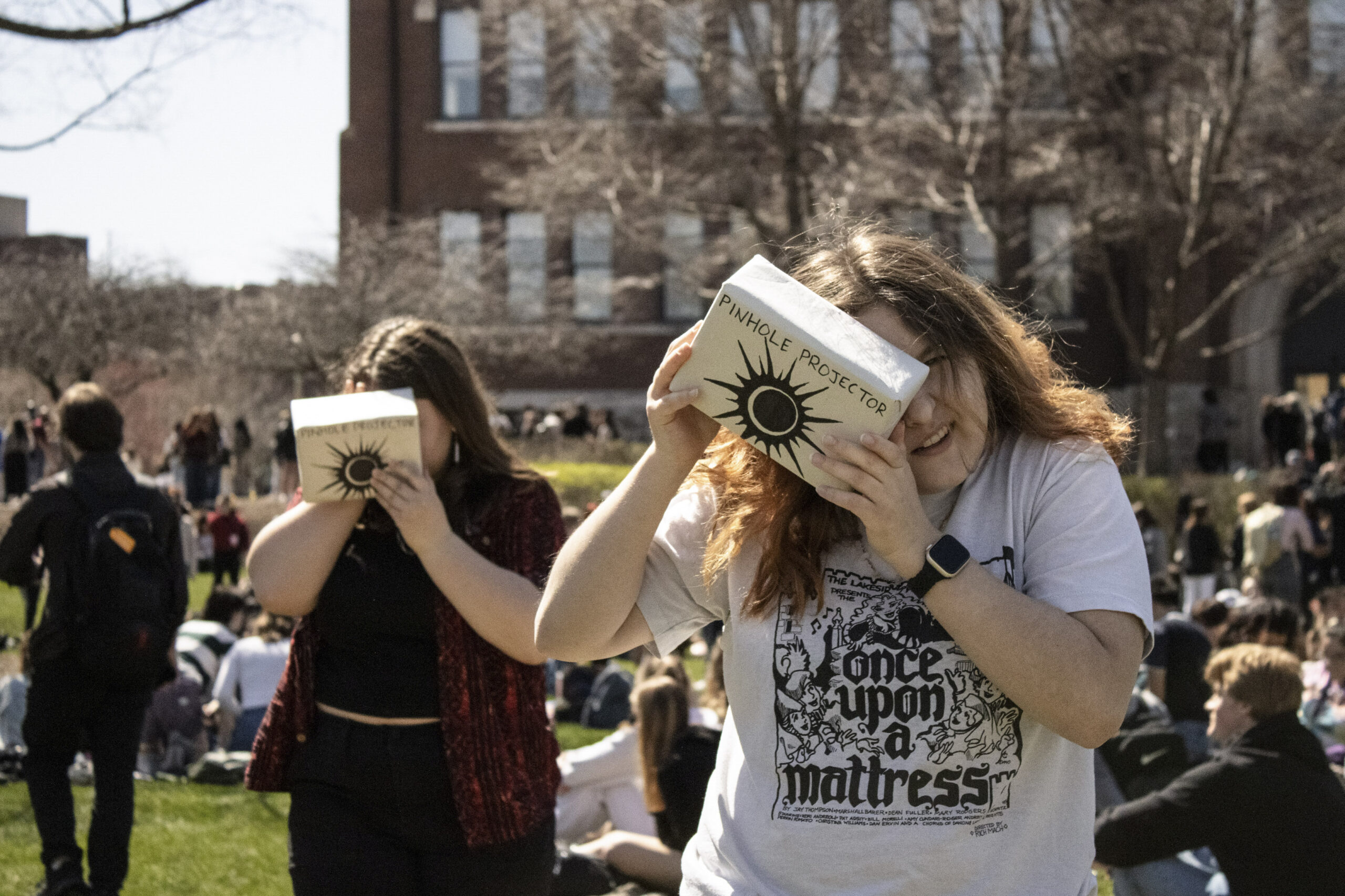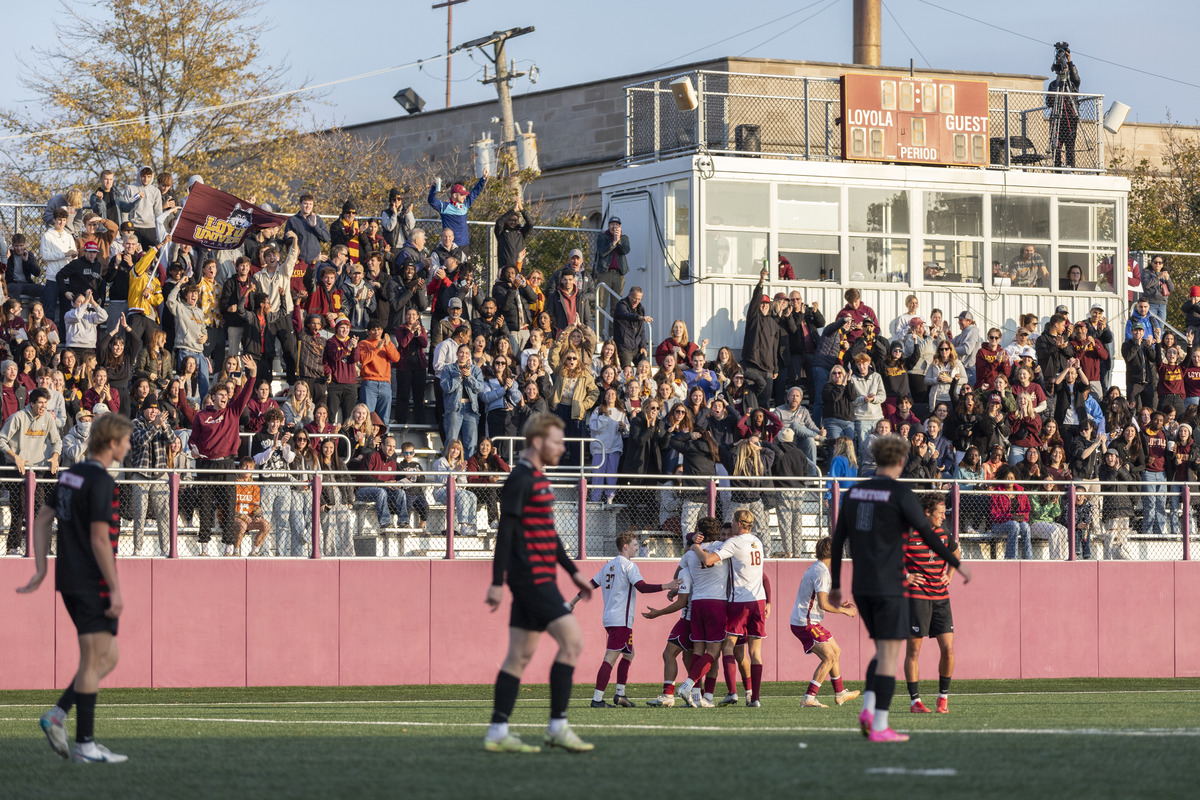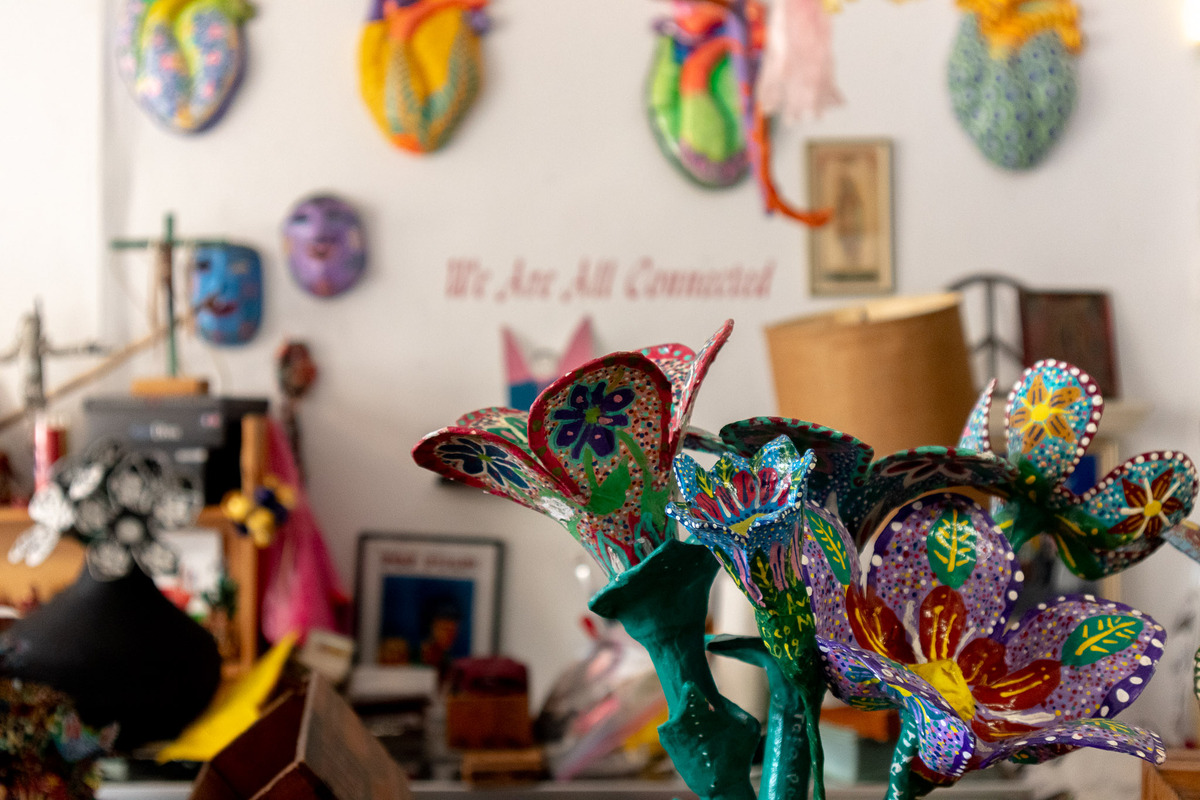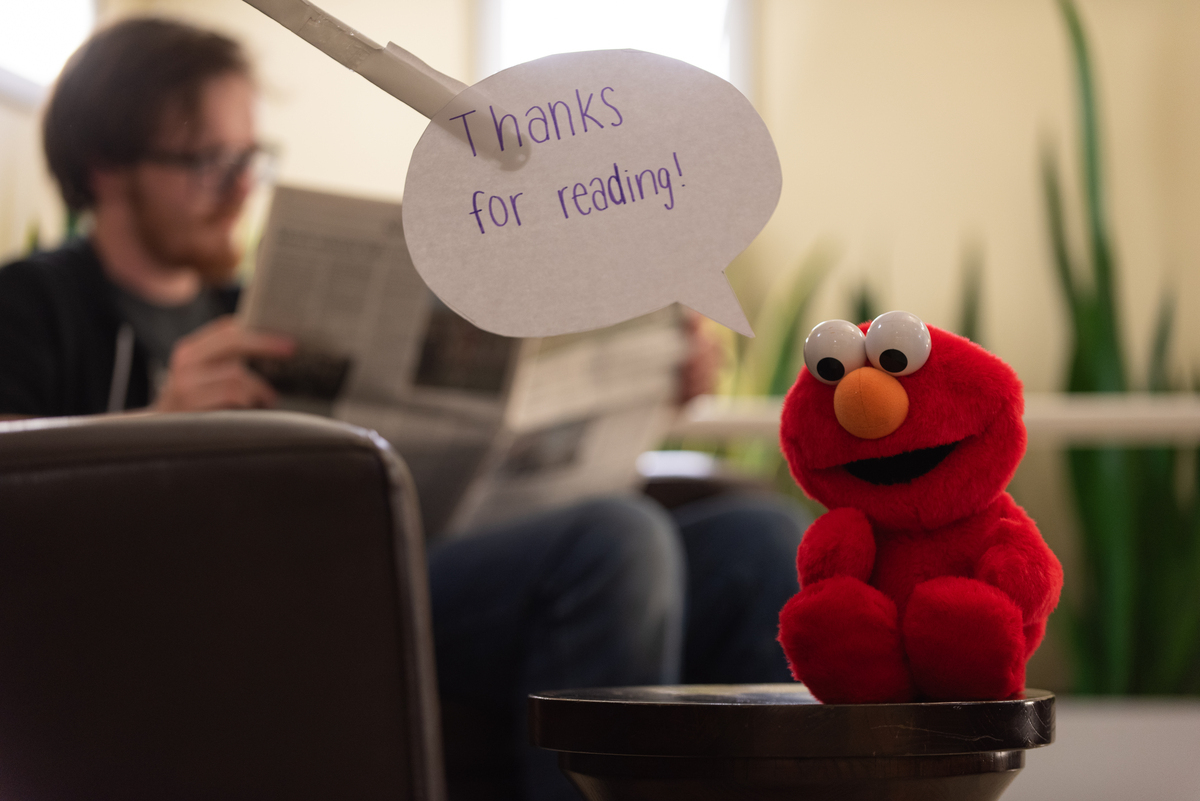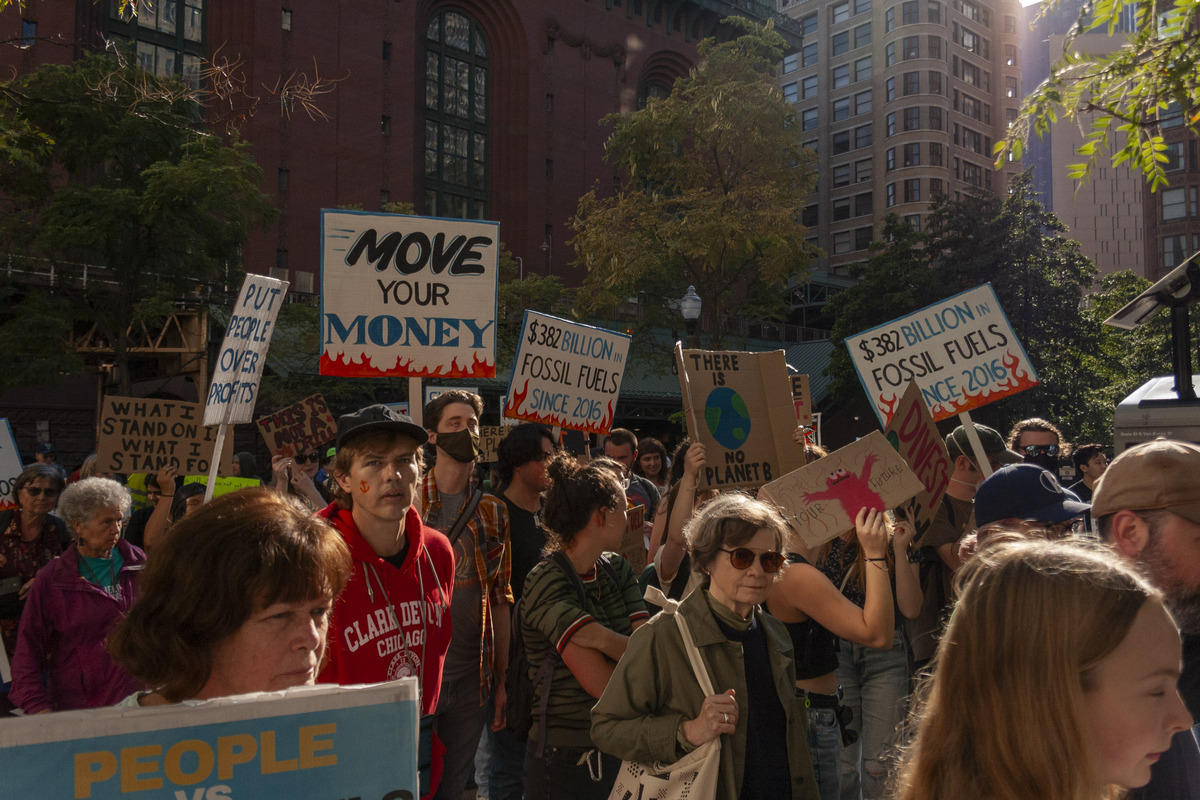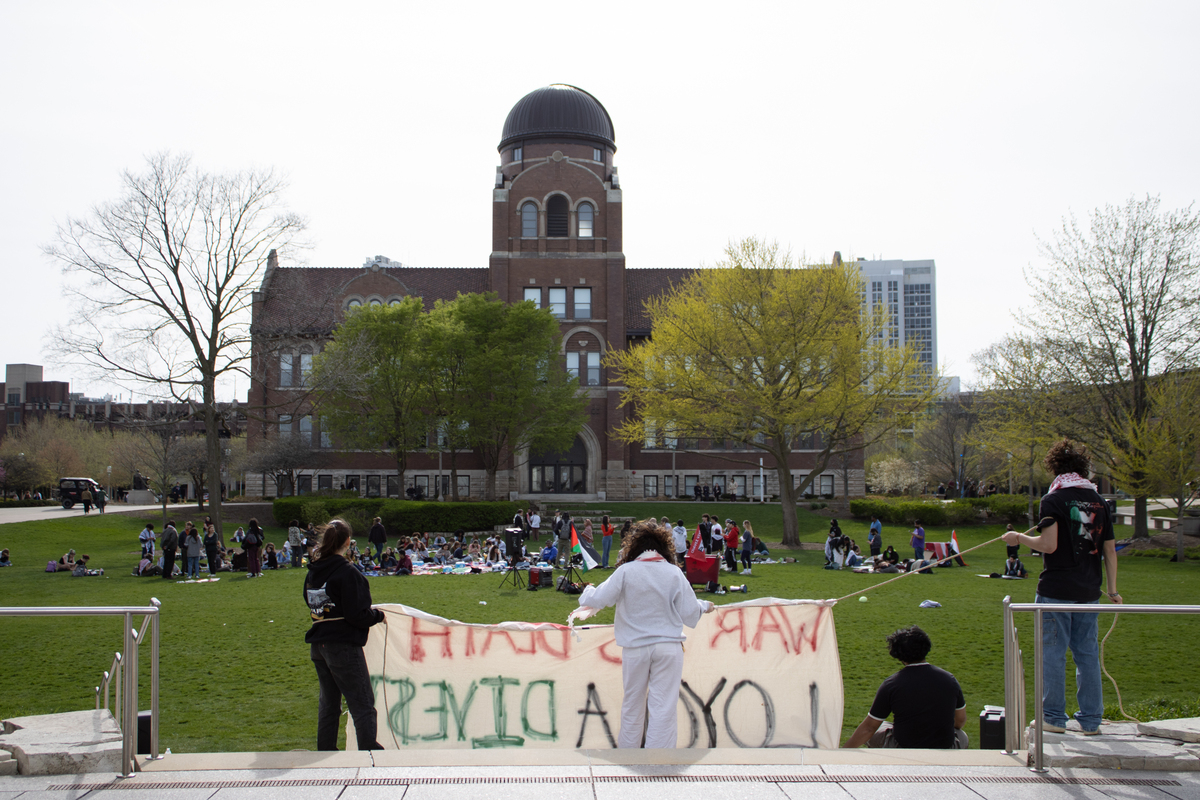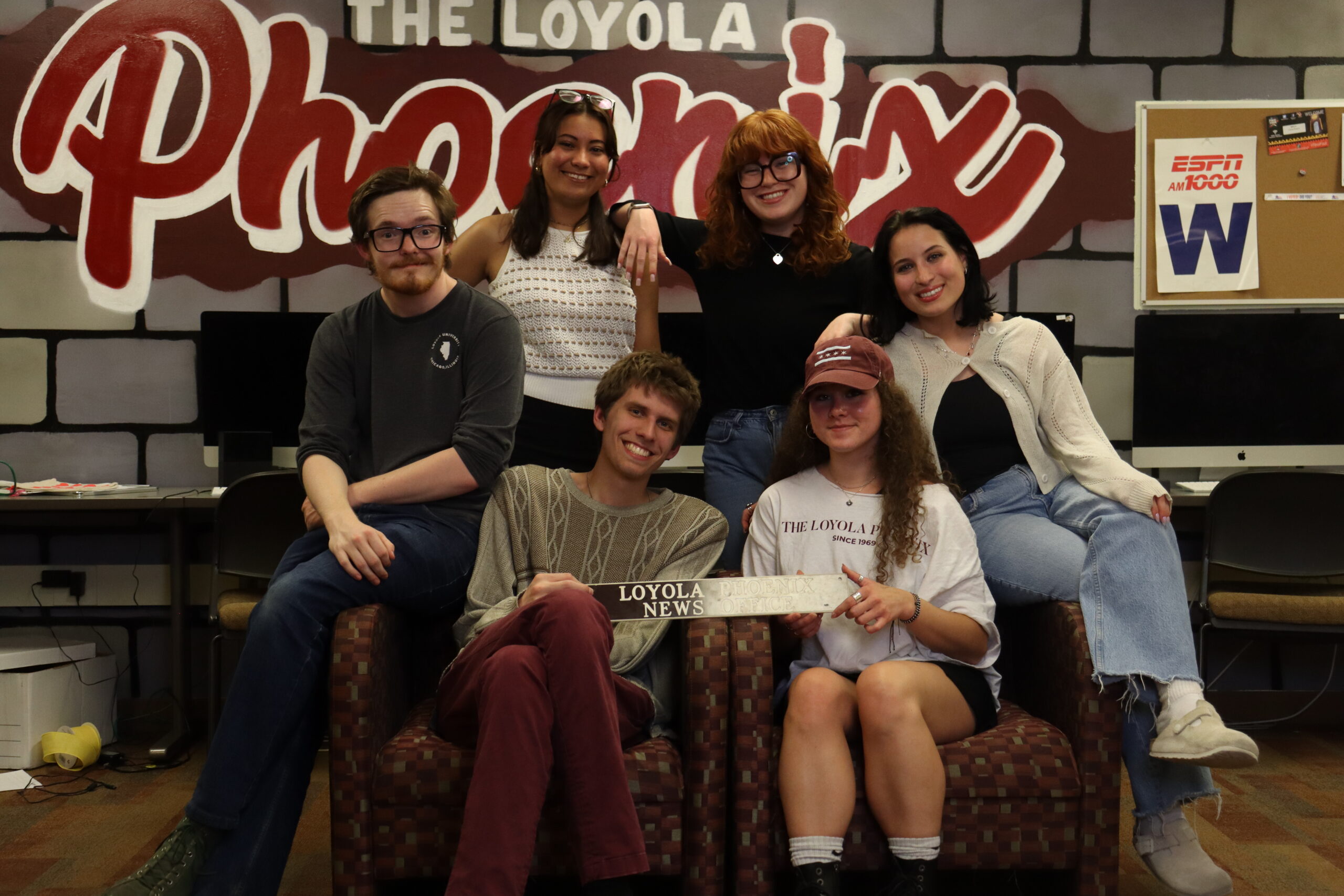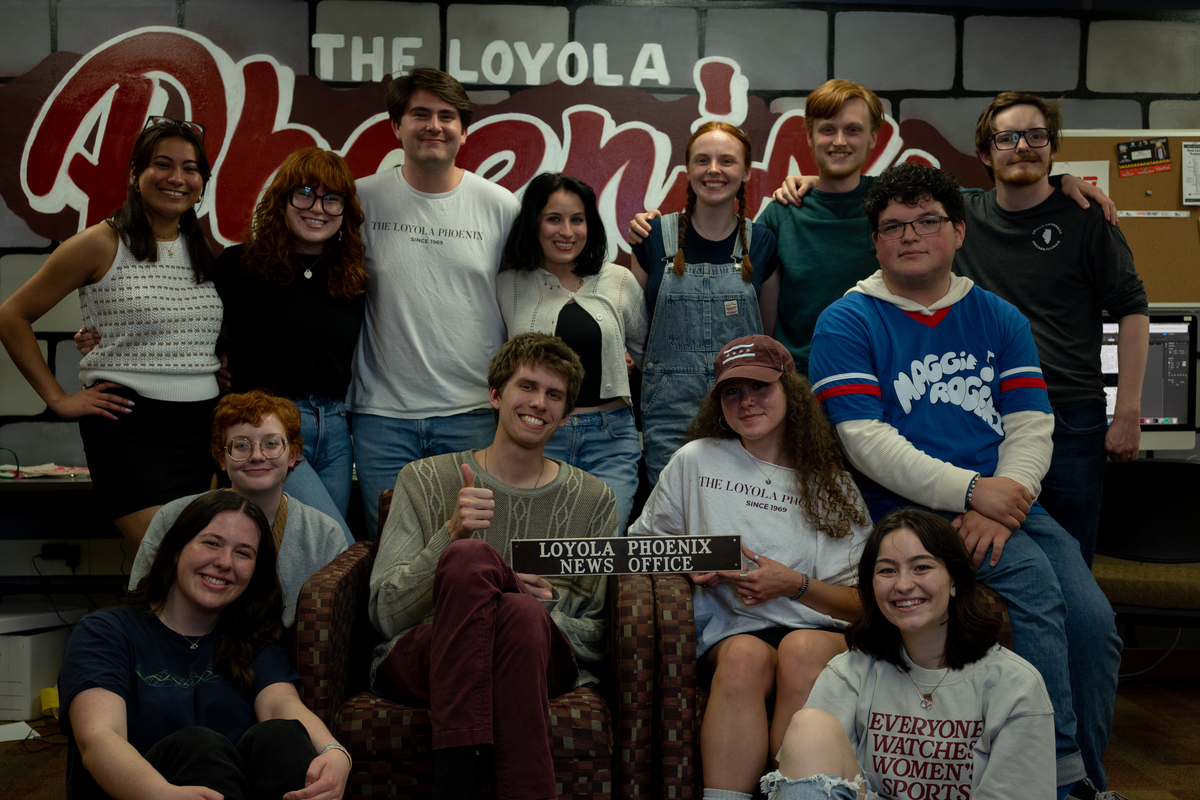The first 2,500 students to register will receive free access, according to David De Boer, director of counseling at the Wellness Center.
Headspace Mental Health and Wellness App to be Free for Loyola Students
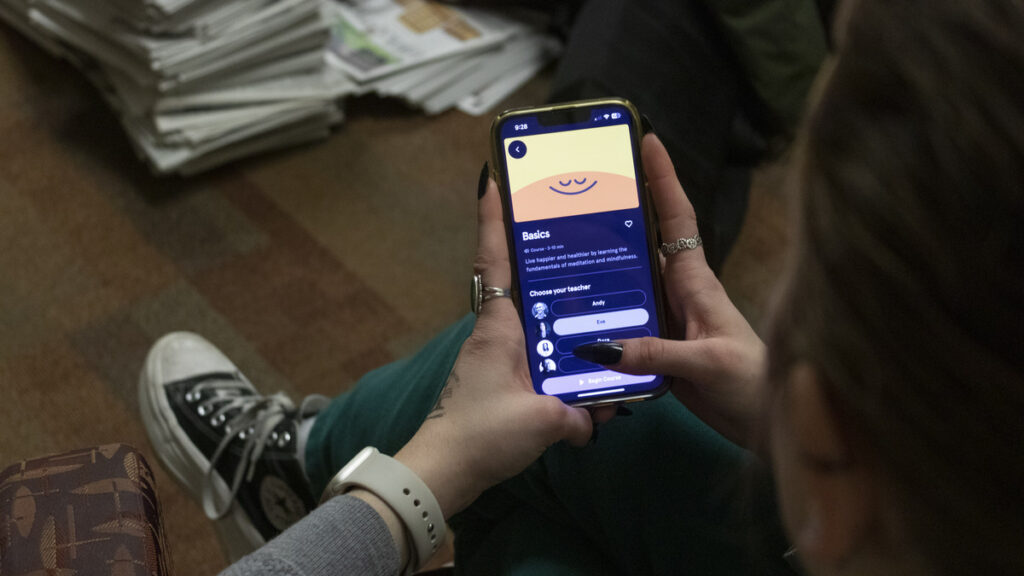
Loyola began offering free subscriptions to Headspace, a mental health and wellness app, for students on Jan. 30. The first 2,500 students to register will receive free access, according to David De Boer, director of counseling at the Wellness Center.
Headspace offers content specific to improving mental health and well-being. The app has guides and exercises for anxiety management and research on meditation, according to the Headspace website.
Irina Greenwald, director of business operations in the division of student development, said Loyola went with this package because of the many different features that it offers for the price of the subscription. Loyola wanted to get an idea of how many students would be interested in using Headspace.
The decision to purchase 2,500 subscriptions was made by Dr. Keith Champagne, vice president of student development, in discussions with staff from the Loyola’s Wellness Center and Information Technology Services (ITS), as well as representatives from the Student Government of Loyola Chicago (SGLC), Greenwald said in an email to The Phoenix.
Champagne did not respond to a request for comment.
“We provided the list of eligible students, meaning students currently enrolled with at least six credit hours, with their email addresses,” De Boer said. “When students sign up, Headspace can verify that they are a currently enrolled Loyola student.”
Headspace did not respond to a request for comment.
The free subscriptions operate according to a licensing agreement between Headspace and Loyola. The licensing agreement can be changed depending on how many students sign up for Headspace, according to Nabhan Rafiq, SGLC’s former chief health and wellness officer.
“In the agreement we could increase that number in future years,” Rafiq said. “We did not want to go out and buy all 16,000 [subscriptions] when not all 16,000 were going to use them. It just truly depends on how this semester plays out.”
Rafiq, who was a part of SGLC’s Safety and Wellness Committee which worked on the mindfulness initiative, spoke on his role during various discussions about the licensing agreement. He continued to advocate for free Headspace subscriptions not just as a member of the SGLC but as a student.
Lilian Baca, a former SGLC senator who graduated in December 2022, said she had come up with the idea to implement free subscriptions in the Fall of 2019 after conversations she had with friends. She was eventually encouraged to run for senator in the SGLC to start working on the Mindfulness initiative, the formal goal outline for free Headspace subscriptions.
In May 2020 Baca began to advocate on a larger scale for the mindfulness app initiative at Loyola. Students were asked in a survey in the Fall of 2020 if they would use a mindfulness app and 75 percent either agreed or strongly agreed, according to Baca.
SGLC’s Safety and Wellness Committee held pitch meetings with a member from Loyola’s Information Technology Services (ITS) and the former Dean of Students where they tested various mindfulness apps to decide which one would be the most useful for Loyola students.
“Eventually we decided that we liked Headspace a lot because it was a familiar app,” Rafiq said. “There is also ways to interact with other students through the app at Loyola. If you want to send someone a reminder and they are also a student at Loyola using Headspace it would be kind of like a poke on Facebook.”
Rita Trehan, a junior psychology major and SGLC’s chief health and wellness officer, who also worked on the Safety and Wellness Committee, said the Wellness Center and the SGLC met periodically within the past year to discuss updates on the initiative and its eventual implementation.
“I have really enjoyed meeting with the Wellness Center,” Trehan, 20, said. “They really care about the students’ needs. Student Government has always been very closely connected to the Wellness Center. They have been on board and willing to push it out as soon as it can.”
Dianna Stencel, a licensed clinical social worker and member of the mental health team at the Wellness Center, said in her 20 years at Loyola she has noticed an increase in anxiety and depression amongst college students.
In a nationwide survey, 71 percent of college students were reported to be experiencing mental health issues such as stress, anxiety, or depression, according to the Associated Press (AP). 75 percent of those who sought help from a virtual mental health app or teletherapy service said their mental health improved after using the resource, the same report found.
“I have looked at other apps and there are some that are not that great at all,” Stencel said. “What is nice about Headspace is the community part but also the smoothness of the technology. It is easy to navigate and really well developed.”
Sriya Patel, 21, a junior majoring in biology, said she has heard of Headspace and is looking forward to the free subscription.
“College can be stressful at times and I believe meditation is key for all students,” Patel said in an email to The Phoenix.“ I am looking forward to the free subscription.”
The free Headspace subscription will increase the availability of mental health resources on campus and the SGLC is excited to see how many students take advantage of the app.
“This free Headspace subscription will serve as one of many resources to LUC community members to help them prioritize their physical, mental, and emotional health,” Hannah Kwak, the president of SGLC, said in an email to The Phoenix. “I highly encourage anyone interested to grab a subscription while you can. If we demonstrate enough interest, we will be able to purchase more licenses in the future!”



